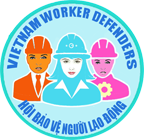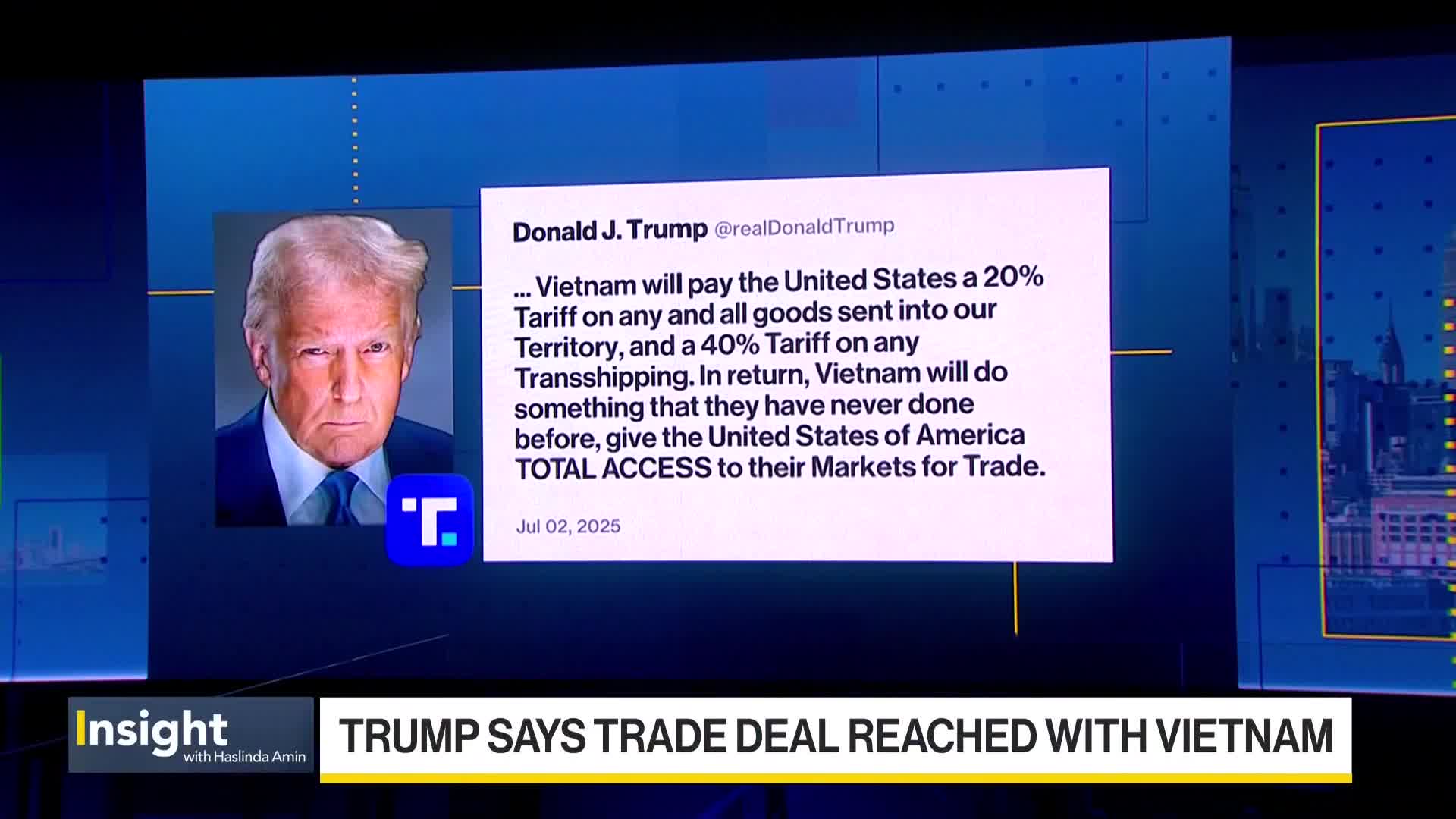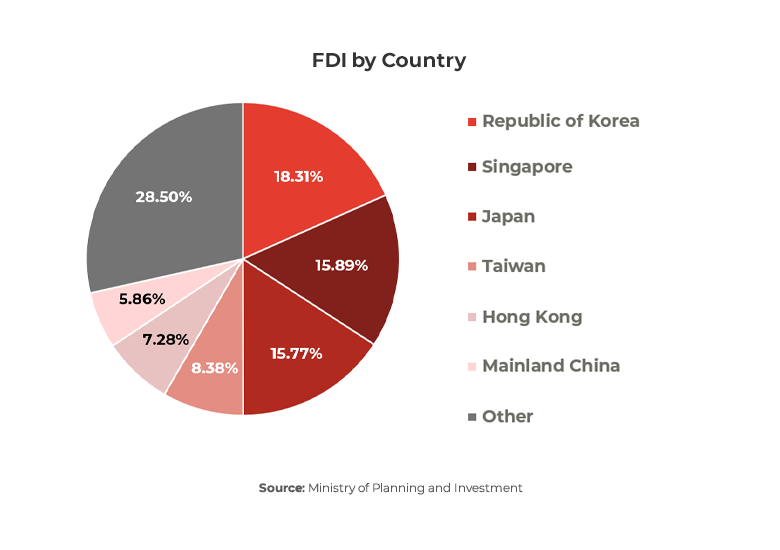Expert: Vietnam violates many ILO international conventions
Child Workersmanufacturing furniture in Binh Duongwood factory (MIFACOFurniture Groop).
Experts and social activists believe that Vietnam is violating many core conventions of the International Labor Organization (ILO) even after signing two important trade agreements, EU-Vietnam Free Trade Agreement (EVFTA) and the Comprehensive and Progressive Agreement for Trans-Pacific Partnership (CPTPP).
Mr. Son Tran, Deputy Director of the Vietnam Labor Protection Association (VWD), has just presented a discussion on this issue at a conference organized by the Delegation for Relations with Eastern Countries South Asia and the Association of Southeast Asian Nations (ASEAN) of the European Union, abbreviated as DASE, in Brussels on March 23, 2023.
In an interview with Radio Free Asia (RFA) on March 25, 2023, Mr. Tran said in his speech at the event that he pointed out many violations of Vietnam’s core conventions of the ILO. He said:
“Vietnam has been a member of International Labor for 31 years, but Vietnam’s Labor Code 2019 still violatesInternational Labor conventions 138, 105, 98 and
97.
Vietnam also violated Articles19 and 22 of the ILO Charterthat they do not submit an annual report on the implementation of international conventions.”
ILO Convention No. 97 on Migrant Workers requires member states to treat migrant workers on an equal basis with workers who are their own nationals.
ILO Convention 98 protects workers and independent union officials against anti- union discrimination by employers, protects workers’ organizations from interference or manipulation by employers, and measures to promote collective bargaining.
ILO Convention No. 105 isthe same Convention with Convention No. 29 in the group of international standards for the abolition of forced labor.
The purpose of the ILO Convention 138 is the abolition of child labor, the prohibition of a child from performing work that endangers the child’s health, safety or morals, interferes with the child’s compulsory education, or works in which is too young to do.
Articles 19 and 22 of the ILO Charter require member states to report annually to the organization on the implementation of their conventions. According to Mr. Son, for the past eight years, Vietnam has not fulfilled this obligation.
Vietnam has joined 25 ILO conventions, including 7/8 basic conventions. In 2019 alone, Vietnam ratified three ILO conventions, including Convention 88 on Employment Service Organizations; Convention 159 on Employment Rehabilitation for Persons with Disabilities; Convention 98 on the right to collective bargaining. Convention 98 is the core convention, hinges of the ILO within the framework of fundamental principles and rights at work, becoming an important componentof new generation of free trade agreements, such as CPTPP
and EVFTA, as well as in most corporate social responsibility policies of multinational companies.
Vietnam is expected to ratify the remaining basic convention – Convention 87 on freedom of association and protection the right to organize trade unions by 2023.
Violation of the ILO’s right to form independent unions

According to Mr. Son Tran, Vietnam had violated the right of workers to form independent unions when the law did not contain this right. Then the Labor Code 2019 makes progress when it comes to providing this right, however, many provisions limit its implementation and conflict with ILO conventions.
Article 172 paragraph 1 of the Labor Code 2019 provides that “The employee’s organization at the enterprise can legally established and operated after the registration has been granted by the authorized state agency” while Article 2 of the ILO Convention 87 states that “Workers and employers can join organizations of their own choice without prior authorization.”
Paragraph 4 of Article 172 states that “The Government regulates documentations, submission and registration procedures; authorization,
procedures for granting and revoking registration; State management over the financial affairs and assets of the employees’ organizations at the enterprise; division, separation, consolidation, merger, dissolution, right of association of workers’ organizations at the enterprise” while paragraph 2, Article 3 of the ILO Convention 87 provides that “workers’ and employers’ organizations are not dissolved or suspended by the administrative agency.”
Vietnam ratified the ILO Convention 98, which includes measures to promote collective bargaining, but has not yet ratified the ILO Convention 87, which regulates the establishment of independent trade unions. According to Mr. Son Tran, Hanoi should have done the opposite.
Mr. Son Tran said more than two years after the Labor Code 2019 was implemented, the Vietnamese Government has not yet issued a decree for workers & enterprise owners to exercise their right to form an independent trade unions. He explained:
“The 2019 Law has many provisions that show that the Vietnamese Government is very concernedabout losing controlof the labor force and Vietnamese workforce.”
According to Mr. Bui Thien Tri, Chairman of the Vietnam Independent Trade Union (VIU), Vietnam promised to ratify Convention 87 by 2023, however, it only allows the establishment of trade unions at individual company, but do not let them link.
Mr. Tri said in a messagesent to RFA:
“This shows that Vietnam is afraid if grassroots unions join, there will be competition with the Vietnam General Confederation of Labor. The ban on association of grassroots trade unions goes against the right to freedom of association in the spirit of the ILO Convention 87 on labor rights and the right to freedom of association in the CPTPP Free Trade Agreement.”
According to him, the Labor Code 2019 stipulates that employees have the right to establish their own independent organizations, however, key provisions such as articles 172, 173, 174 and 176 regulate the establishment, charter, and
leadership that represents the employees’ organizations at the enterprise must be assigned to the Government for detailed regulations.
This casts doubt on the nature of the “independence” of the independent trade union, Mr. Tri said. He said that at the end of 2021, VIU wrote a letter to the Government and the Commission of the National Assembly Standing Committee proposed promulgating a decree on the establishment of employee representative organizations but received no reply. Up to this point, Hanoihas not issued any detailed regulations assigned in the above code (the Labor Code 2019), which means that Chapter 8 of the Labor Code 2019 stipulates the organization of workers’ representatives at the workplace, cannot be applied in practice and affect the legitimate rights and interests of the Vietnamese workers.
Vietnam violates the Labor Chapterin CPTPP
Last week, the Government of Canada agreed to consider the complaint the Vietnamese government violated the 1998 ILO Declaration on the Fundamental Principles and Rights at the place of work and Chapter 19 (Labor) of the CPTPP.
CPTPP is a free trade agreement between 11 countries, in which Canada joined in 2018 and Vietnam joined a year later. This is an agreement to replace the Trans- Pacific Partnership (TPP), covering a large market of 500 million people, accounting for 13.5% of the world economy and 15% of global trade.
Ottawa made the above decision after receiving a submission as “Public Information” according to Chapter 19 (Labor) of the CPTPP Agreement on March 15, 2023 of the Vietnamese Canadian Federation (VCF).
The submission alleges that Vietnam’s Labor Code fails to comply with the obligations in Chapter 19 (Labor) of the CPTPP regarding the “right to freedom of association and collective bargaining” according to the 1998 ILO Declaration on Fundamental Principles and Basic Rights at place of work.
In an email to RFA on March 25, Mr. TruongMinh Tri, Chairmanof VCF, said:
“The submission accusingVietnam of failingto fulfill its commitments to the terms of freedom of association and collective bargaining within the framework of the CPTPP was approved for review by the Government of Canada within 180 days.
During the review process, the Government of Canada may request the VCF to explain how the freedom of association and collective bargaining are limited, as well as the situation in which the Vietnamese government prevents or represses activities to establish an independent union of Vietnamese workers.”
He said the impact of this review:
“Whether the labor rights situation is presented or not, it is inevitable public opinion, the government, and the trade unions in Canada and CPTPP member countries will pay attention to the record of labor rights repression as well as the record of repression of civil society in Vietnam.”
According to him, if after reviewing and finding the above allegations to be grounded, the Government of Canada will step into the stage of asking Vietnam to explain its non-compliance with the obligations as stated in the CPTPP.
At that time, Vietnam has two options: either deny the allegations and may fall into a dispute with Canada, which may result in Canada’s sanctions against Vietnam, or Hanoi admits its shortcomings and commit to amending.
“The issue here is whether Vietnam has really changed, and in how long term. Therefore, VCF has advised Canada to focus on establishing with Vietnam a roadmap to enforce labor rights commitments comes with monitoring.”
The purpose of VCF in submitting its submission is to help Canada protect its interests within the framework of trade agreements and to enable Vietnamese workers to enjoy the basic freedoms set forth by the law of ILO, Mr. Tri said.
From Canada, lawyer Vu Duc Khanh said that the Vietnamese government has strict control over the workers’ organizations. According to the Vietnam law, workers’ organizations must belong to the only official state “trade union”, which is the Vietnam General Confederation of Labor (VGCL), which is controlled by the Communist Party of Vietnam.
“This actually limits workers’ ability to form ‘independent unions’ and negotiate with employers on their own terms.
Workers who attempt to organize outside the VGCL may be subject to retaliation, including dismissal or harassment. Furthermore, it has been alleged that the State security apparatus often uses the provisions of the Penal Code to arrest and repress independent individuals and groups simply because these groups speak out to protect the interests of the people. workers.”
There are at least three union activists imprisoned: Nguyen Hoang Quoc Hung was sentenced to 9 years, Doan Huy Chuong was sentenced to two sentences totaling eight years and six months in prison, and Do Thi Minh Hanh was sentenced to four years in prison. They are leaders of the Vietnamese Labor Movement, an organization that fights for workers’ rights.
According to a new report compiled and published by the World Bank, CPTPP will bring many significant economic benefits to the Vietnamese economy, multilateral trade agreements such as CPTPP will add impetus to Vietnam’s typical growth model based on investment and exports.
The CPTPP is expected to also contribute to an increase of 1.1% of Vietnam’s GDP by 2030. With the assumption that the productivity increase is negligible, the CPTPP will have the effect of increasing GDP by 3.5%.
Share this article
Follow us
15 Comments



TEst
iuhiuh
ordering androxal price in canada
cheapest buy androxal price in canada
enclomiphene with no r x and free shipping
ordering enclomiphene cheap australia
how to buy rifaximin generic online pharmacy
rifaximin without a prescription canada
order xifaxan generic from canada
how to order xifaxan generic from canadian pharmacy
comprar staxyn contra reenbolso
staxyn overnight no consult
how buy avodart in australia
discount avodart cost usa
cheap dutasteride generic pharmacy usa
free dutasteride samples by mail no shipping fee
buy cheap flexeril cyclobenzaprine cheap store
how to get real flexeril cyclobenzaprine
get gabapentin generic for sale
gabapentin cheap cod
kamagra konzultovat s lékařem
objednat kamagra levné žádné členské poplatky bez lékařského předpisu
sans ordonnance kamagra distribuer ces
generique kamagra sans ordonnance pilule contraceptive
order fildena cheap store
how to order fildena where to purchase
cheapest buy itraconazole generic new zealand
ordering itraconazole us prices